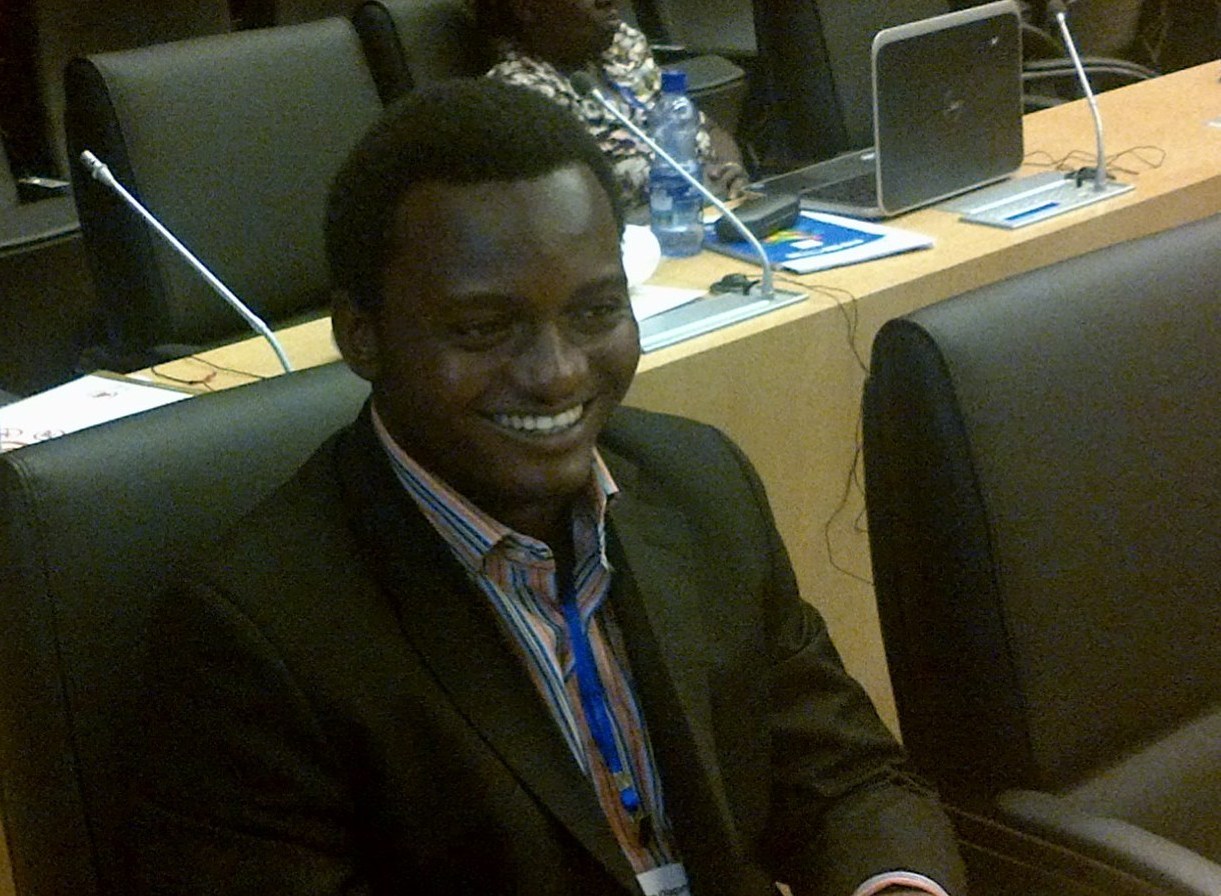Many African countries in the last ten years have successfully recorded sustained economic growth. Sadly, this growth doesn’t translate into better living condition or standard of living for many Africans. If the said growth is anything to go by, then the question is to what height or what percentage of growth will actually translate into better standard of living for Africans. Despite that growth is being recorded and announced from one nation to another in Africa, almost two out of every three person still daily survive on less than $2 per day, if we must go by the statistics that sums people living on less than $2 to 660million.
The phenomenon of demographic dividend centres on accelerated economic growth that countries can attain essentially as a result of conscious adjustment in population structure. If a nation can get a larger part of its populace to be of working age, so that the ratio of those dependent is lowered to the ratio of those who can actively contribute to improving human capital and economic growth tangible progress can be recorded. For obvious reasons, this can only be achieved by influencing a reduction in fertility rate for few decades and ultimately ensuring that there is an appreciable decline in mortality.
African nations must place priority on lowering fertility such that men and women can be enlightened. So by their own volition they can properly plan to give birth to the number of kids they can cater for while they also space childbirth properly. Appreciable effort must also go into vaccination to ensure that child mortality is reduced. Unfortunately, African nations are still the top on the table of child mortality world over.
If only Africa will take a cue from Asia and some countries in Latin America who have been able to pave way for accelerated economic growth by reducing the ratio of dependent citizens and equally increasing the proportion of the working age. African nations can actually harness the economic surplus that demographic dividend potentiates by first improving health and education. Health and education because there’s a nexus between education and health as it affects economic growth.
To achieve economic surplus via demographic dividend it’s important to ensure that kids grow up healthily to become successful adult who can make tangible contributions to economic advancement. Come to think of it, of what essence is having a large number of youths of workable age who are neither educated or fortified with the necessary skill to empower themselves let alone the economy! Is it not when youths are educated that they can make tangible use of new opportunities and then influence development? This stresses the fact that Human capital is vital to achieving economic development and prosperity.And timing is therefore critical. Attaining demographic dividend is not an overnight process. It’s something you build today to reap the benefits later. A Chinese proverb says the best time to plant a tree was twenty years ago, the second best time is now!
Africa’s population is expected to double by the year 2025, and with a present youth population of over 200 million, by every standard the task ahead is enormous. However reports forecast that by year 2040, Africa would produce half of the world’s youth. These figures keep pointing to the fact that more attention should be paid to equipping the youth and ensuring that they are equipped with necessary skills to first empower themselves. And then collectively contribute to the continent’s advancement. If one of the topmost challenges facing the continent today is creating jobs for its youth, how will it cope with the growing figures? In the last decade, Africa has created about 37 million wage paying jobs, but the main challenge lies with creating more jobs so as to keep up with the ever increasing number of unemployed youth.
In many poor countries of the world, it has been discovered that over 40% of the population is usually under the age of 15 and are basically dependent on adults for financial sustenance. Unemployment increases the dependency ratio. The point is, if nothing is done to ensure that; Africa attracts foreign investment, enact economic policies that would open its boarders to enhance trade even among African nations, and importantly pay adequate attention to education, hoping to accelerate economic growth is just another waste of imagination. I mean…without these measures being clearly put in place its okay to forget about demographic dividend.
Lanre Olagunju is an hydrologist turned freelance journalist. An alumnus of the American College of Journalism, Lanre advocates on several international platforms for the prosperity and absolute well-being of the African continent. He is @Lanre_Olagunju on Twitter.



